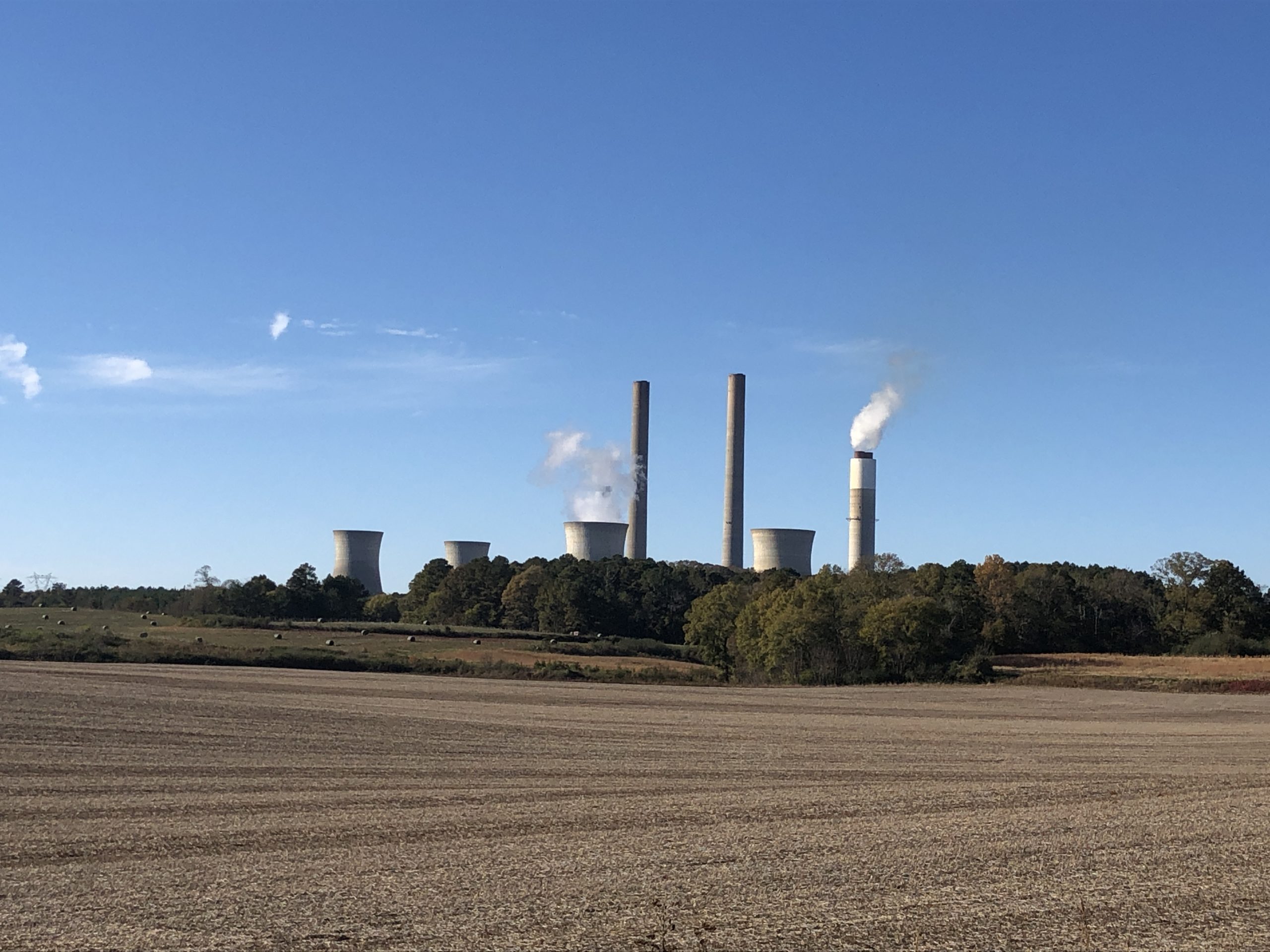The company’s transition will affect the local community’s economy and environment.
Georgia Power aims to close nearly all of its coal fleet in a shift toward natural gas and renewable energy. On Monday, the company filed its 2022 Integrated Resource Plan, which sets Georgia Power’s agenda for the next 20 years. This plan calls for the retirement of 12 generating coal units by 2028. If approved, the decertification of these units would begin later this year.
This move is in line with new guidelines from the Environmental Protection Agency, which require corporations to update existing plants’ pollution controls or close them by 2028.
Bartow County’s Plant Bowen Units 3 and 4 are the only exceptions to this strategy, as they will continue to operate until 2035 at the latest. Units 1 and 2 are expected to close in the next six years.
Reverberations in the local economy
Bartow County Administrator Peter Olson told WBHF the closure of Plant Bowen Units 1 and 2 isn’t a big surprise for the county.
“For some time Georgia Power’s been warning that the economics of coal [don’t] make sense compared to natural gas and solar,” Olson said in a phone interview. “The last IRP said that – probably in this next IRP – they’d talk about closing Units 1 and 2, and that 3 and 4 would potentially close in the 2030s.”
Olson said the plant has had an economic impact on the area, but the decreased prevalence of coal makes this move less jarring than it would have been several years ago. Sales tax revenue from coal has reportedly dropped significantly over the last 12 years, and utilities have dropped from 45% of overall sales tax to around 10%.
According to Olson, the gradual closure of these units should also help ease the transition for the 250-300 employees at Plant Bowen.
“Morgan County had a plant get shut [down] several years ago, in one big blow,” Olson continued. “So that was tough for them to adapt to. As we’ve seen the coal use decline slowly over several years, the employment aspect will decline in a taper and not just abruptly happen. I think it will be a gradual thing that won’t be a huge shock to our budget.”
Georgia Power Spokesman Jacob Hawkins told WBHF the company is “committed to working with and helping to transition our employees to other roles in our fleet over the coming years, and minimizing the impact to employees as much as possible.”
“Replacing one fossil fuel with another”
To offset the over 3,500 megawatts that will be lost when these units are shuttered, Georgia Power intends to invest more in natural gas and renewable generation. The new capacity would reportedly expand its renewable resource portfolio to around 11,500 MW by 2035. In the 2022 IRP, it also identified long-duration storage, hydrogen, tall wind technologies, and distributed energy resources as potential investments.
Charline Whyte, Senior Campaign Representative for the Sierra Club’s Beyond Coal Campaign in Georgia, said while this is a step in the right direction, it doesn’t go far enough.
“It’s time for Georgia Power to stop clinging to fossil fuel plants that pollute our air and water, needlessly increase costs for customers, and directly damage our climate,” Whyte said in a statement to WBHF. “Coal plant retirements are still too far off and Georgia Power wants to procure a massive amount of fracked gas. Transitioning to clean energy would save customers money immediately, invest in our local economy, and provide good jobs here in Georgia.”
Tom Fanning is the CEO of Southern Co., Georgia Power’s parent company. At the end of last year, Fanning said the potential closure of over half its coal fleet is in line with the company’s goal of achieving net-zero greenhouse gas emissions by 2050.
However, an environmental report from last April said it would take Southern until 2086 to reach net-zero emissions under its current plans. So far, it is unclear if the new IRP filing makes dramatic enough changes to shift this goalpost.
Whyte emphasized that Georgia Power’s proposal isn’t official until it gains approval from the Georgia Public Service Commission, which is expected to vote on the request this summer.
“It’s important to remember that this is only Georgia Power’s Proposal, which means the public still has a say in what happens during the IRP process,” Whyte said. “The Public Service Commission should listen to what Georgians want and prioritize their needs when evaluating Georgia Power’s proposed energy plan.”

